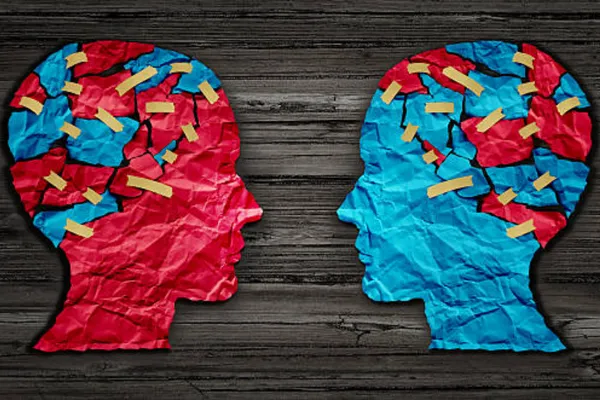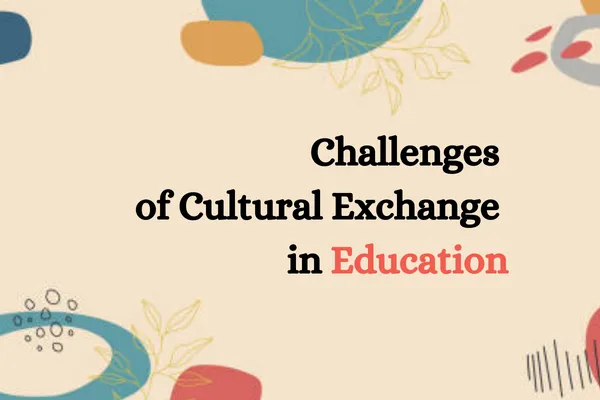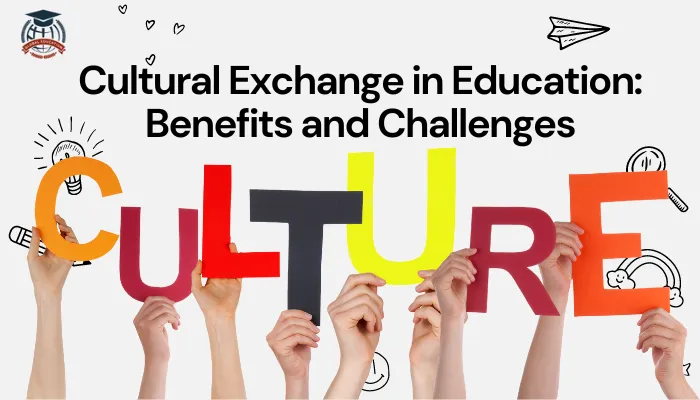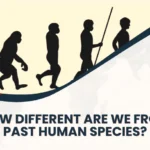Cultural exchange in education is the exchange of information, viewpoints, and values by students from various cultural origins. It gives people a valuable platform from which to comprehend, value, and respect cultural variety. Cultural interchange in education has numerous advantages, but it also has many drawbacks. This article explores the advantages and obstacles of integrating cultural exchange into educational systems.
The Importance of Cultural Exchange in Education
Cultural exchange, often facilitated through student exchange programs, international fellowships, and cross-cultural curricula, is integral to global learning. It enables students to broaden their horizons, gain valuable life skills, and become global citizens who can navigate different cultures. Additionally, cultural exchange brings the world into the classroom, allowing students to engage with global issues and diverse perspectives. It creates a more robust, relevant, and inclusive educational experience.
Benefits of Cultural Exchange in Education

Enhanced Cultural Understanding and Appreciation
Through cultural exchange, students acquire a more profound understanding of other cultures. Exposure to various ways of life, traditions, and perspectives fosters appreciation and respect for diversity. It teaches students that differences should be celebrated rather than feared, fostering an inclusive mindset.
Development of Critical Thinking Skills
Interacting with different cultures forces students to question their own beliefs and values. They learn to critically evaluate societal norms, biases, and assumptions. This broadened perspective helps develop critical thinking skills and promotes intellectual growth.
Improved Language Skills
Cultural exchange offers a practical platform for language learning. It gives students an opportunity to learn and practice foreign languages in a real-world context, which significantly enhances language proficiency.
Preparation for the Global Workforce
In today’s interconnected world, employers value cultural competence. Cultural exchange equips students with the ability to work efficiently with individuals from different cultural backgrounds. It prepares them for the global workforce by fostering essential skills such as adaptability, problem-solving, and intercultural communication.
Challenges of Cultural Exchange in Education

Despite the significant benefits, cultural exchange in education comes with its own set of challenges.
Language and Communication Barriers
Language differences can pose a significant challenge in cultural exchange. It can be difficult for students to communicate effectively, leading to misunderstandings and frustration. Also, nuances in languages can lead to misinterpretations, making cultural learning a challenging endeavor.
Cultural Misunderstandings and Stereotypes
Cultural misunderstanding is another hurdle. Cultural norms vary across countries, and what is acceptable in one culture might be considered disrespectful in another. This could lead to unintentional offenses, perpetuating stereotypes and biases instead of breaking them down.
Adaptation Challenges
Being accustomed to a new culture can be overwhelming. Students might face homesickness, loneliness, and culture shock. The unfamiliarity of a new environment, different customs, and foods can cause anxiety and stress, impacting the learning experience.
Addressing the Challenges
Efforts should be made to minimize these challenges to maximize the benefits of cultural exchange. Language and communication barriers can be addressed through pre-departure language courses and support services. Cultural misunderstanding can be mitigated through comprehensive cultural orientation sessions. Providing ongoing support for students, such as access to counselors and a welcoming community, can help ease adaptation challenges.
Conclusion
Cultural exchange in education is a powerful tool that enriches learning experiences, fosters global understanding, and prepares students for an interconnected world. The challenges associated with it should not deter us from promoting cultural exchange but rather spur us to find innovative and supportive strategies to address them. With careful planning, thoughtful implementation, and ongoing support, we can harness the full potential of cultural exchange to create a more inclusive and globally-aware education system.







0 Comments